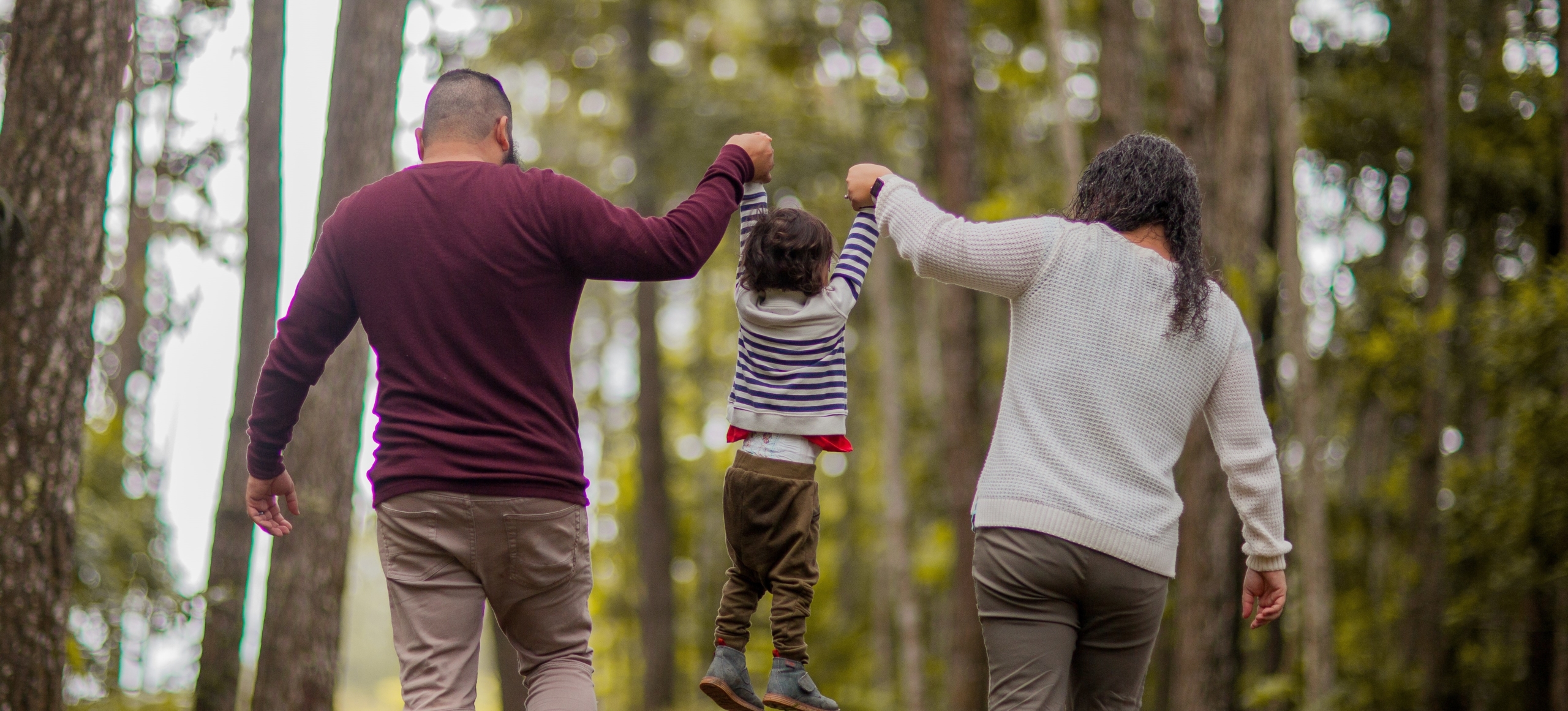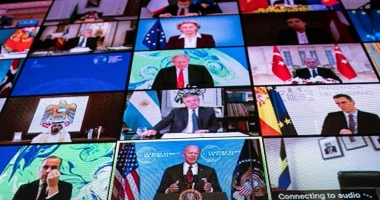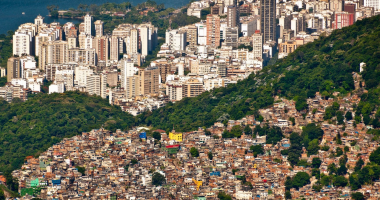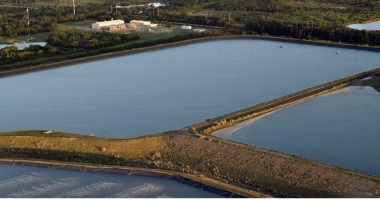Climate, Health and Equity Brief
Lisa Hoyos on Inspiring Parents to Fight Climate Change
September 24, 2020
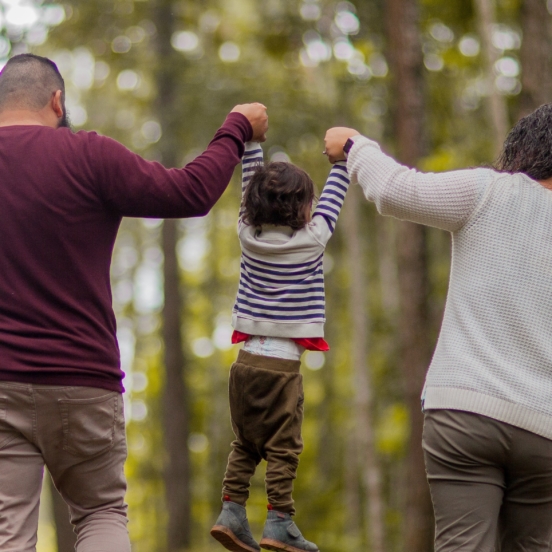
As part of our weekly Climate, Health & Equity Brief, we’re pleased to share the latest in our periodic interview series with leaders working at the intersection of climate change, health and equity. This month we spoke with Lisa Hoyos, director of the Climate Parents program at the Sierra Club.

The Sierra Club’s Climate Parents program aims to mobilize parents and families in the push for clean energy solutions. What inspired you to found this program?
My two boys, Kai and Cruz. Today they’re 15 and 12, but they were really young when I first had the idea to start Climate Parents. As a parent, the idea that my sons—and all children—will be growing up in a world increasingly jeopardized by climate impacts (e.g., floods, fires, extreme storms) made me want to act. I knew that parents, who will do anything to protect our kids, would be inspired to fight for climate solutions, like getting off of fossil fuels and scaling clean energy.
The Climate Parents program is described as a “diverse national movement.” How does engaging diverse perspectives help the fight for climate justice?
We’re in a critical moment in history where it’s clear that the crises we’re confronting all intersect. As a society, we’re navigating multiple crises—climate disasters, racial injustice and the pandemic. And as has always been true, people of color and low-income people suffer the greatest harm. Children and the elderly as well. Our climate policy solutions need to address inequality and systemic racism. For example, they need to create and sustain family-supporting jobs and invest in the communities that have been disproportionately harmed by fossil fuel pollution. There is growing awareness about this, which is exemplified by how much grassroots momentum there has been in support of the Green New Deal. And also in the cross-movement solidarity that has arisen in the aftermath of the police killings of George Floyd, Breonna Taylor and others. When we center economic, racial and social justice values in our work, we have better outcomes that benefit people and the planet.
A major effort by the Climate Parents program has been to transition school districts across the country to 100% clean energy. Why is this commitment so important?
School districts are really large energy consumers, often the largest in their municipalities. According to the U.S. Green Building Council, the square footage of K-12 school buildings is about a third of the commercial office sector. And there are a ton of additional benefits. School districts can save money that can be invested to benefit underserved students and classrooms. Converting to clean energy can improve indoor air quality, which is even more important during COVID-19. Also, transitioning to renewable energy creates all sorts of STEM learning opportunities. Eventually students—our next generation of leaders—will be back to spending most of their waking hours Monday through Friday at school, and those sites should be undertaking the clean energy transformation that our whole society needs to make.
What is your greatest hope when it comes to our efforts to combat climate change?
My greatest hope is that we can cut climate pollution as much as scientists say we need to by 2030, which is just around the corner. The pandemic has demonstrated that the entire world can shift away from “business as usual” when the threat is deemed big enough. My family has been choking on wildfire smoke for the past three weeks, and we experienced the Mars-like dark skies in the Bay Area whose images were beamed around the world. I’m hopeful the “fierce urgency of now” becomes even more motivating to those who have thought about getting involved in the climate movement, but haven’t yet. There are so many amazing organizations to join forces with—just a search away. The big obstacle we confront is the entrenched power of the fossil fuel industry and their allies in government. I’m inspired by people who increasingly see the intersections between racial, social and climate justice.
Your biggest fear?
My biggest immediate fear is that we will lose this election. Climate justice and every other kind of justice we care about is at stake. Anyone who wants to help reach voters in swing states via text, phone, or even hand-written letters (they’re proven to be really effective) should go to sc.org/gotv. There you can get hooked-up with all the info and the tools to help us win the election of our lifetimes.
What would you encourage others to do to make an impact in the fight against climate change?
I believe it’s important to do some online research, and then figure out how to get involved in the advocacy work that inspires you. Check out the websites and get on the email lists of groups doing high-impact, strategic work to cut carbon pollution and scale clean energy (e.g. retiring coal and gas plants, moving states and cities to commit to 100% clean energy, pushing for clean transportation, stopping oil pipelines, etc.). The websites will tell you how you can get involved (online and in-person to varying degrees during COVID-19), and many of these organizations have local and state affiliates. Getting active is easier than it used to be. Grassroots advocacy builds power—and that’s what we need more than ever.


